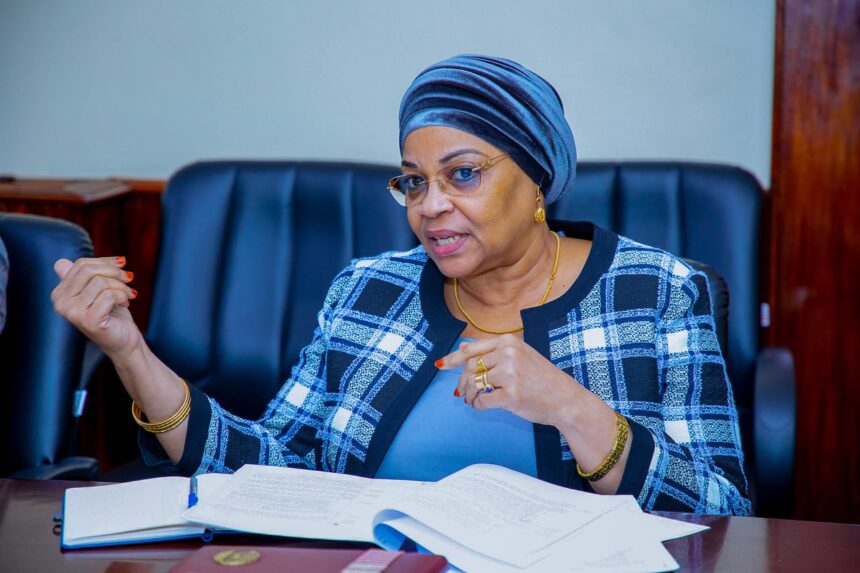Dodoma, Tanzania – September 20, 2025 – Tanzania has been listed by the United Nations among the countries expected to graduate from the group of Least Developed Countries (LDCs) to developing country status, following two decades of sustained economic growth, social progress, and structural transformation.
The preliminary review, conducted by the United Nations Conference on Trade and Development (UNCTAD), was announced in Dodoma by the Permanent Secretary of the Ministry of Finance, Dr. Natu El-maamry Mwamba. She said the listing reflects the country’s consistent policies and progress in key development indicators.
Between 2000 and 2024, Tanzania recorded an average GDP growth of 6.2% per year, while per capita income rose from USD 453 in 2000 to USD 1,277 in 2023. Extreme poverty fell from 36% in 2000 to 26% in 2024, supported by expanded access to credit and stronger fiscal management. Inflation has remained in single digits, helping preserve stability and purchasing power.
Strategic investments have played a central role. The Julius Nyerere Hydropower Project, the largest in the nation’s history, is expected to guarantee reliable power supply. The Dar es Salaam–Morogoro–Dodoma Standard Gauge Railway (SGR) is transforming passenger and cargo transport, while initiatives in education, healthcare, and industry have boosted employment and human development.
Dr. Mwamba said these combined efforts have enabled Tanzania to meet the thresholds for graduation from LDC status. She emphasized that industrialization, infrastructure, and job creation remain central to the government’s agenda.
The UN Development Programme (UNDP) Resident Representative, Shigeki Komatsubara, reaffirmed the UN’s readiness to support Tanzania’s transition, stressing that inclusive consultation with citizens will be key.
The graduation process is guided by the UN’s Committee for Development Policy (CDP), which will reassess Tanzania in 2027. If the criteria are met again, Tanzania could be formally recommended for graduation.
Graduation would be both a symbolic and practical milestone. It would signal to investors and partners that Tanzania has built the resilience and capacity to sustain growth. At the same time, challenges remain, including unemployment, regional inequality, and climate vulnerabilities.
The government has pledged to maintain focus on industrialization, food security, and expanding exports to ensure that Tanzania’s progress continues beyond the transition from LDC status.


